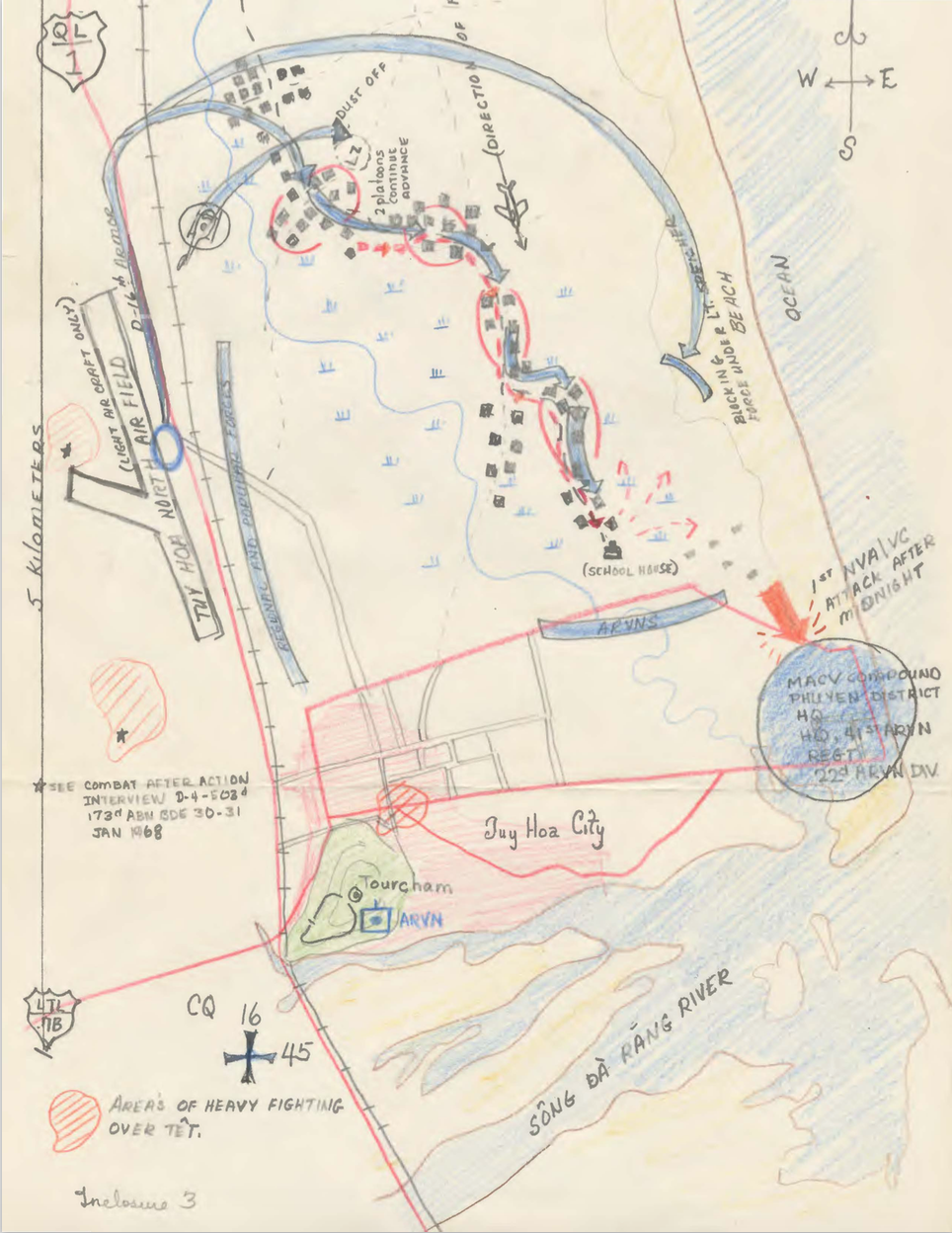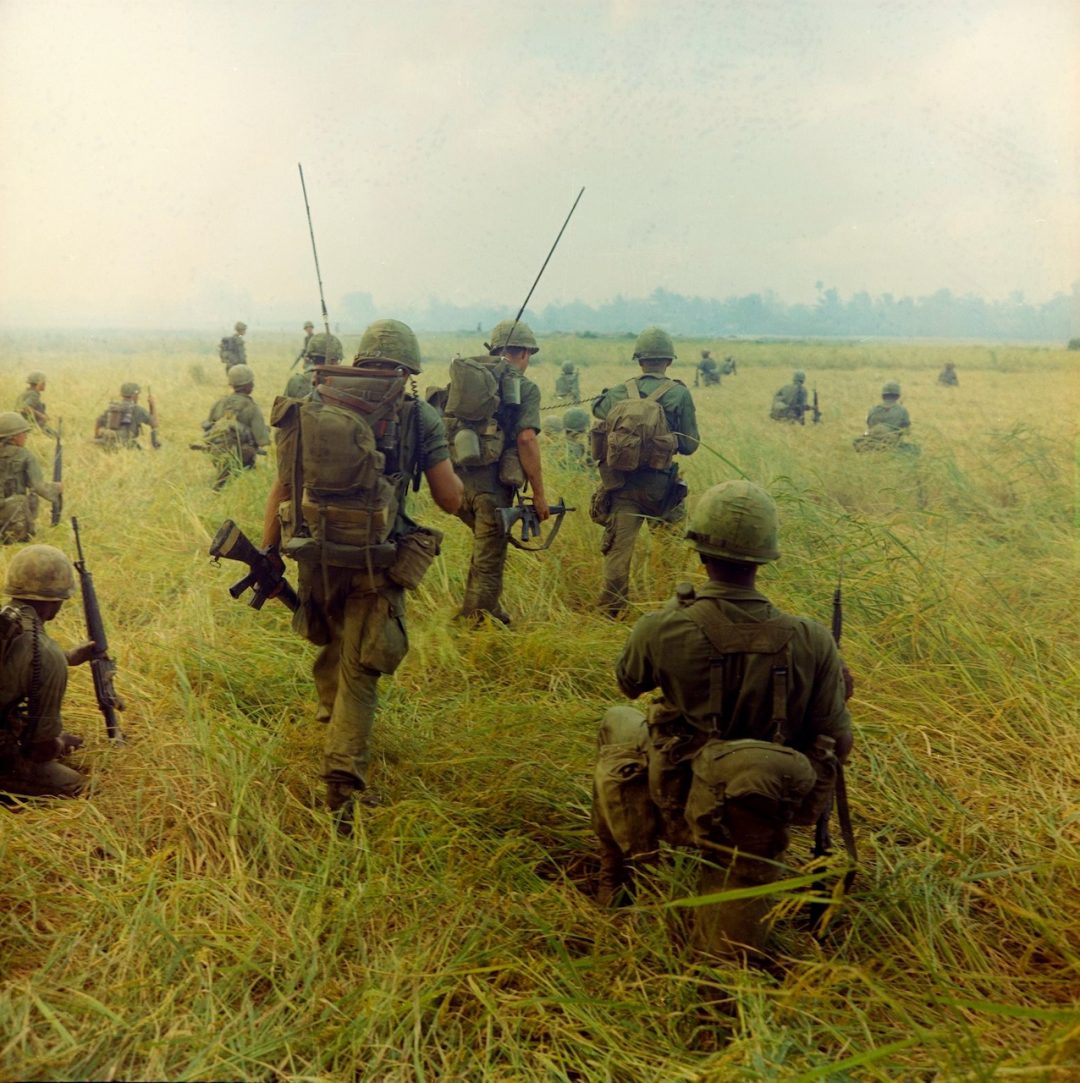Note: This post originally appeared on my previous, now defunct blog Thompsonwerk.
When I describe my research project to other scholars–often in a conference setting–I am reminded that it is difficult for the study of a single province to speak for all of South Vietnam. Some simply consider a province study as hardly representative of anything outside the province. Making the connection between one province out of forty-four and the rest of the country is a challenge, yet far from impossible. Think about the other studies of the Vietnam War and the sources used. In Working-Class War: American Combat Soldiers and Vietnam, the majority of Christian G. Appy’s data is from the Boston area. Does this detract from his broad assertion that the less privileged did most of the fighting? Perhaps, but one must admit it would be rather difficult to accumulate data from every major American city and insert it into a readable manuscript. Essentially, for the sake of a cohesive narrative, the scope of any study is constrained.
In that vein, province studies are no different. These studies concentrate on a particular area of the Republic of Vietnam, while addressing multiple themes raised by historians. For example, a province study can examine the big unit war under General William Westmoreland and the combined action efforts under General Creighton Abrams. Such studies can also look at the effects of American combat forces and rural development programs on the local population. Province studies are valuable.
Despite the vast array of publications on the war, just four are province studies; two of which cover the same province. Since forty-four provinces comprised the Republic of Vietnam, the coverage of only three provinces barely describes the Vietnam War at the local level. In my dissertation, I argue that the American experience in Vietnam was as diverse as the people and geography of South Vietnam. Similarly, the pacification experience in Phu Yen was atypical, as pacification varied from province to province. To properly understand pacification, one must study it at the local level and not treat it as a monolith.
The complexity of the Vietnam War demands detailed studies. As such, province studies can only help improve our understanding of the war.

